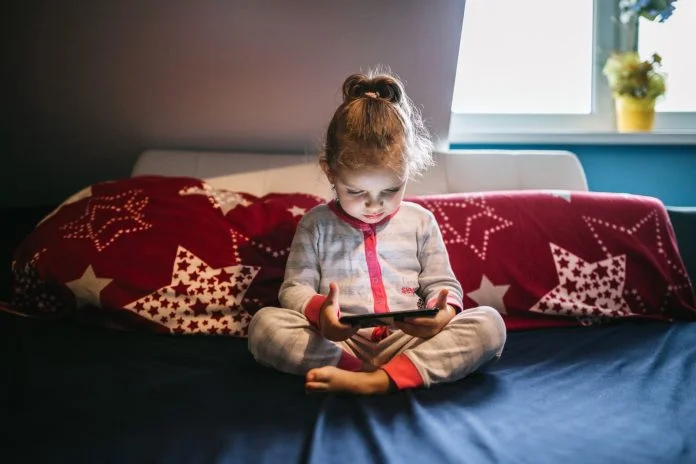South Africans spend more time on screens than almost any other nation, and the obsession is fuelling a growing mental health crisis among children and adolescents, warns the South African Society of Psychiatrists (SASOP).
The world’s obsession with screens has become so widespread that ‘brain-rot’ (a term used to capture concerns about the impact of consuming excessive amounts of low-quality online content, especially on social media) was named the Oxford Dictionary’s Word of the Year.
And the impact on our children is alarmingly evident.
Adolescents who spend more than five hours per day on digital devices are 70% more likely to have suicidal thoughts or actions than those who spend less than an hour a day. Even adolescents with moderate screen time of 4-6 hours per day are more likely to report symptoms of anxiety and depression than those with 2 hours less screen time per day.
A study across 14 countries reviewing children from pre-primary to high school found that mobile phones consistently distracted students from learning. Simply having a phone nearby, especially with notifications coming through is enough to break their attention. Another study showed that once distracted, it can take up to 20 minutes for children to re-focus.
The average South African adult spends over 9 hours and 37 minutes a day on smartphones, with nearly a third of waking hours dedicated to scrolling, swiping, and tapping. Social media alone takes up more than 22% of daily usage, led by platforms like Facebook, Instagram and TikTok.
“If we as adults are addicted, how can they not be?” says Prof Renata Schoeman, psychiatrist and member of SASOP. “We cannot expect children to moderate their screen time when they see adults constantly glued to their phones. Children learn by observing. If we don’t model healthy digital behaviour, we are silently endorsing screen addiction.”

She says excessive screen time has been linked to numerous mental health concerns among children, such as:
- Increased risk of depression, anxiety and low self-esteem
- Disrupted sleep due to screen exposure, especially before bedtime
- Declining academic performance due to reduced concentration, lack of motivation to learn and overexposure to unregulated content
- Social withdrawal, with face-to-face interactions replaced by digital substitutes
- Exposure to harmful online content, including cyberbullying, pornography and messages promoting disordered eating
“The physical consequences are also concerning. Children spending long hours on devices are more prone to obesity, headaches, eye strain and poor posture.”
Prof Schoeman says that while technology brings obvious benefits, especially in learning environments, it must be used intentionally and in moderation. “Unrestricted or ‘always on’ access to screens does far more harm than good. We need to teach our children how to use technology wisely whilst not shielding them entirely from it.”
“It’s not about banning screens, it’s about balance,” says Prof Schoeman. “There’s a big difference between a family movie night and hours of unmonitored scrolling or gaming. The key is to be mindful, involved and consistent.”
Prof Schoeman recommends the following guidelines for parents:
- Limit screen time by age: no screens under 2 years; no more than 1 hour for ages 2-5; and ideally, a maximum of 2 hours a day for older children
- Encourage offline time, especially outdoors, to support physical and mental well-being
- Model responsible digital habits including taking breaks, switching off devices at meals and avoiding screens before bed
- Maintain device-free zones and times, such as during family meals and before bedtime
- Take overnight custody of children’s and teens’ devices to ensure proper sleep







































